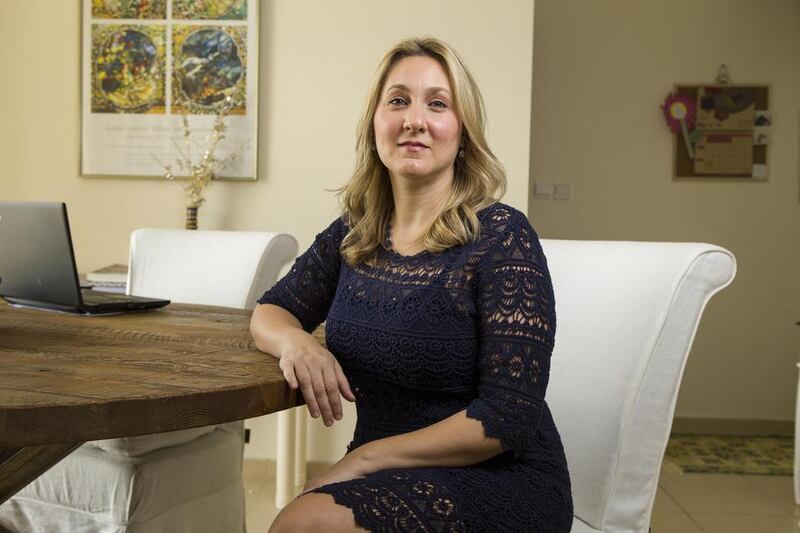ABU DHABI // Troubled teenagers are at risk of developing chronic depressive disorders if they do not receive better care, experts warn.
Depression is the top cause of illness and disability among adolescents globally, the World Health Organisation (WHO) revealed last week.
And it said that globally, suicide is the third most common cause of death among adolescents, after traffic trauma and HIV-Aids.
It is dubbed a “silent epidemic” in the UAE, as mental health is still considered a taboo subject but the number of cases are on the rise.
Psychologists have called for urgent action to prevent teenagers from developing lifelong problems, such as substance abuse, job troubles and involvement in crime.
“The mental health issue can no longer be ignored or underestimated,” said Dr Deema Sihweil, clinical director at the Carbone Clinic in Dubai.
“The alarming global figures of childhood mental disorders, particularly the rising rates of depression, are of great concern.”
While there are no accurate prevalence rates of adolescent depression here, she believes the rates are high and on the rise.
Dr Sihweil treats teenagers who harm themselves by cutting, burning or freezing their skin, and adolescents who abuse alcohol and prescription medication.
She also treats those whose mental health issues have led to eating and obsessive compulsive disorders.
Typical factors that contribute to the development of mental health issues, which can emerge in those as young as 13, include social pressures, body-image concerns, family discord and academic stress.
More needs to be done to help teenagers suffering with mental health issues, Dr Sihweil said.
“People don’t recognise the necessity for long-term care and consistent school programmes. Too often, families give up and hope that their children will get better,” she said.
According to the WHO, half of all mental health disorders in adulthood appear to start by 14. But most cases are undetected and untreated.
Without early intervention, childhood depression damages in the long term, said Dr Sihweil.
The risk of developing chronic psychological disabilities is higher, substance dependency risk is greater, social relationships suffer and there is a greater risk of unemployment, she said.
But youths here are less likely to receive mental health treatment than in the West because it is still considered taboo, Dr Sihweil said.
“Mental illness is still regarded as a silent epidemic and issues of child abuse, mood disorders, substance abuse, issues of sexuality, religious and cultural superstitions around mental health exist, and thus, incidence is most likely to be much greater than reported,” she said.
Maya Sidani, a clinical psychologist at Al Noor Hospital’s Airport Road branch in Abu Dhabi, said more and more teens are at risk of mental disorders because of several factors.
“This includes being away from home, with less family support,” Ms Sidani said. “There is less interaction with parents due to job demands, which gives less time for children to express themselves.”
Inactive lifestyles can also lead to depression, said the Lebanese expatriate.
“We should pay attention to the mental health of adolescents because it is a sensitive phase in the life of the individual where the identity starts shaping, so any disorder during this phase might lead to significant damage.”
Adelaide Robb, a specialist at a paediatric centre funded by the Abu Dhabi Government, said not enough attention was paid to adolescents’ mental health until there was a crisis.
“Parents and primary care physicians can, at times, think ‘mood swings’ are a normal part of adolescence and discount early symptoms of a mood, anxiety or eating disorder in a teenager,” said Dr Robb, a professor in psychiatry and paediatrics at the Children’s National Medical Centre in Washington.
“Early action is crucial because we want to intervene before a mood or anxiety disorder becomes chronic and raises the risk for suicide, co-morbid substance abuse or dropping out of school.
“Children with any psychiatric disorder, if left untreated, are more likely to quit school, enter the criminal justice system, abuse drugs and alcohol, lose jobs and [in some cases] commit suicide.”
jbell@thenational.ae






